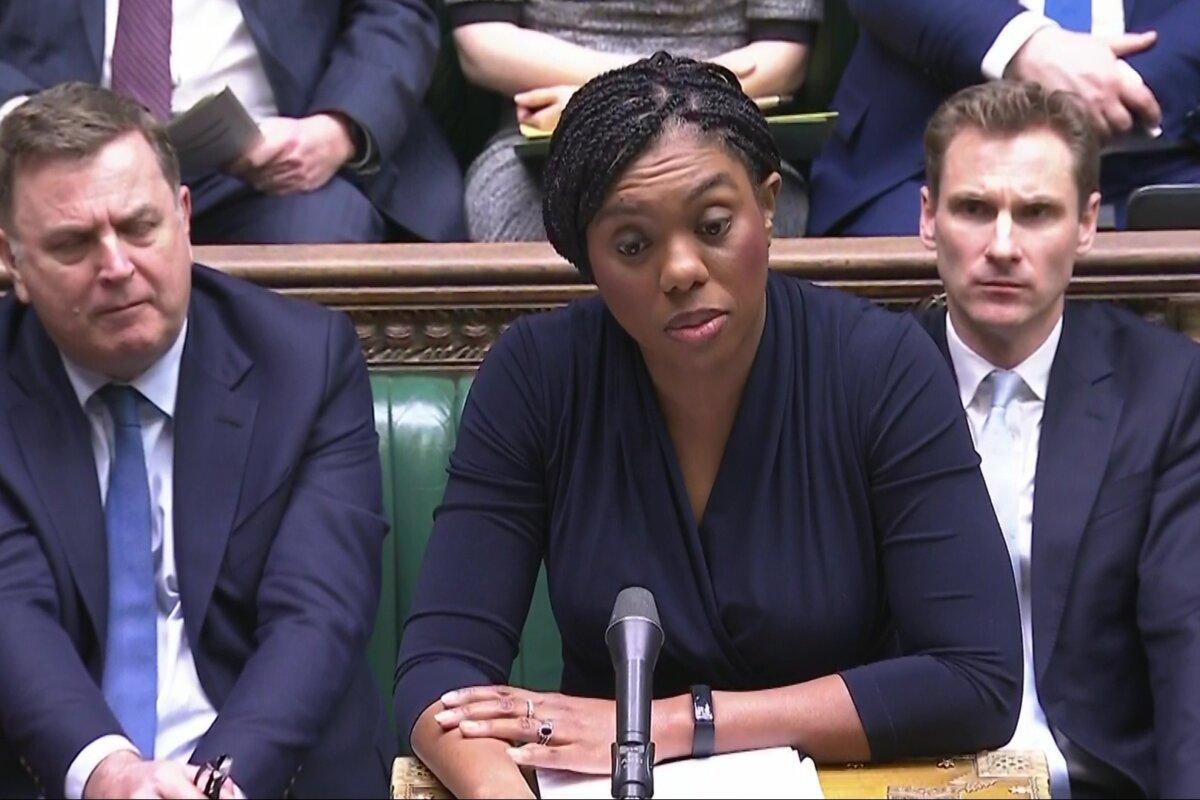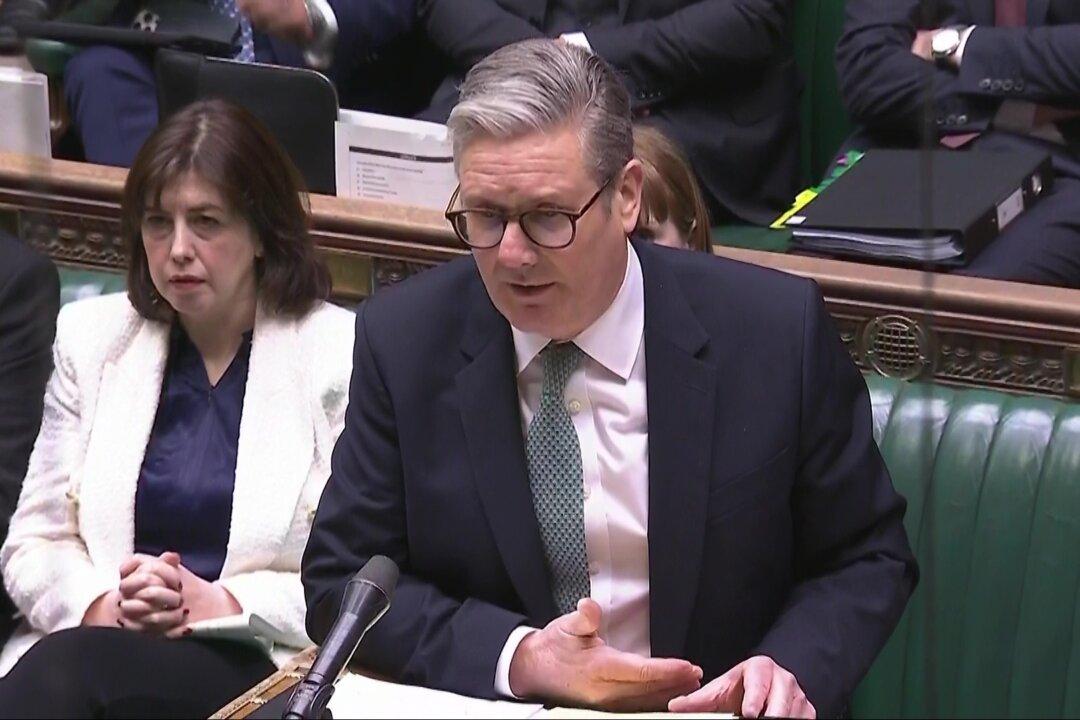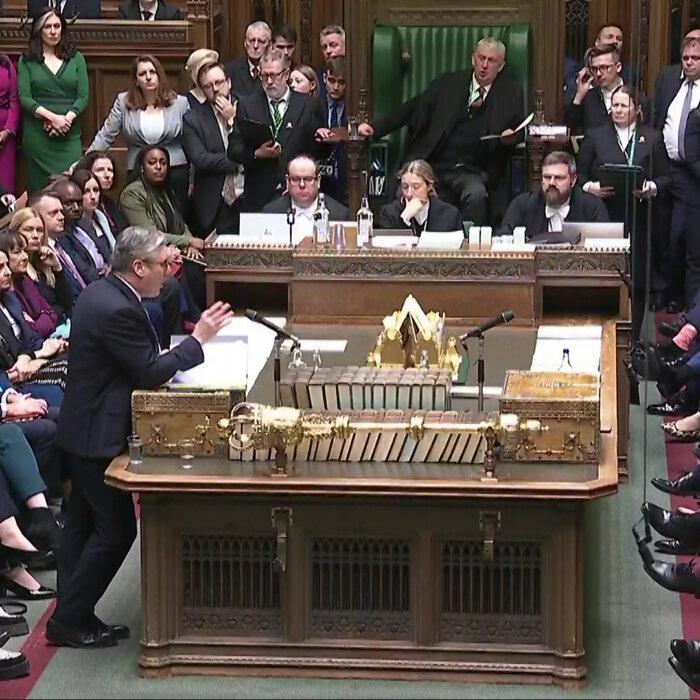The House of Commons convened on Wednesday for the second reading of the Children’s Wellbeing and Schools Bill, a legislative effort aimed at strengthening child protection and improving educational standards across England.
The bill, introduced by the government earlier this year, seeks to address gaps in safeguarding measures while enhancing the quality of education for all children.
It will introduce a register for children not in school, which Labour had pledged in its manifesto, and give local authorities the power to enter family homes and require school attendance for any child if the environment is assessed as unsuitable or unsafe.
Calls for the measure intensified following the case of 10-year-old Sara Sharif, who was pulled out of school just months before she was murdered by her father and stepmother.
Addressing Parliament on Wednesday, the Liberal Democrats’ education spokeswoman Munira Wilson said that a register of children not in school is an “additional measure” to help safeguard children at risk of abuse.
The bill will empower local authorities to assess the suitability of home environments for children. If deemed unsafe or unsuitable, they could mandate school attendance, overriding parental preferences.
Conservative former minister Graham Stuart noted that schoolchildren spend about 86 percent of their time outside of school. He added that children at harm are often already known to social services.
Teachers’ Pay Cuts
Elsewhere, the legislation will standardise teacher pay and conditions across all state-funded schools in England.Currently, academies have the autonomy to set their own pay scales and working conditions. According to the Department for Education, most academies already adhere to the existing pay and conditions framework and the bill will formalise the practice after September 2026.
Addressing concerns about the impact on some academies that offer enhanced pay to attract and retain talent, particularly in challenging areas, Education Secretary Bridget Phillipson said that teachers’ pay will not be affected.
However, the Conservative Party expressed concerns that the measure “effectively abolishes” academy freedoms, adding it would lead to worse outcomes for pupils.

Grooming Gangs
Earlier, the Conservatives moved to table an amendment to the bill, proposing the inclusion of a national inquiry into grooming gangs. If backed by MPs in a vote set to take place on Wednesday, the amendment could halt the progress of the bill.The proposal comes amid a heated debate between the government and the opposition, led by Kemi Badenoch, who has stressed the need for a new national inquiry into child sexual abuse cases.
The amendment is likely to be rejected in the Commons, considering Labour’s parliamentary majority. The government wants to focus on implementing the recommendations of the 2022 Independent Inquiry into Child Sexual Abuse (IICSA) led by Alexis Jay rather than open a new inquiry.
Reform UK leader Nigel Farage told the Commons that his party will fund an inquiry into child sexual abuse if the government fails to do so.
School Meals
Other measures included in the legislation aim to help with school uniform costs and introduce free breakfast clubs in all state-funded primary schools in England. The national rollout of free breakfast clubs is scheduled for September 2026, with some launching as early as April 2025.Labour MP Steve Witherden, a former teacher, welcomed the move and urged the government to extend the scheme to secondary school students and consider provision of free school lunches.
The Liberal Democrats’ Wilson told the Commons that access to lunchtime meals will have a positive impact on learning outcomes for students.
“We must also remember that hunger doesn’t end at 11. Breakfast clubs can be useful but expanding lunch provision is a far more ambitious measure and one that would make a greater impact on child hunger,” she said.
Phillipson told MPs that the government will keep further action on school meals “under review.”







